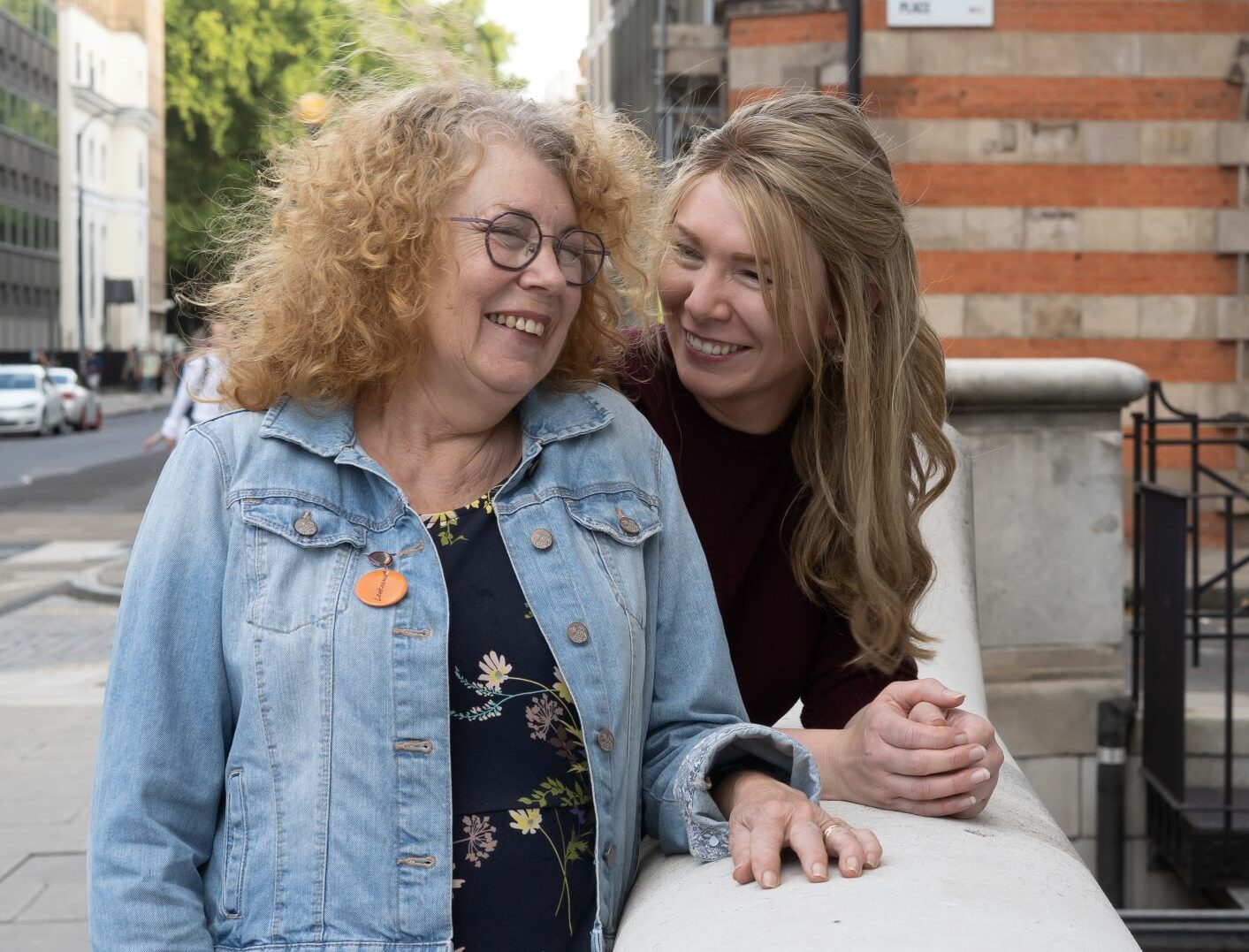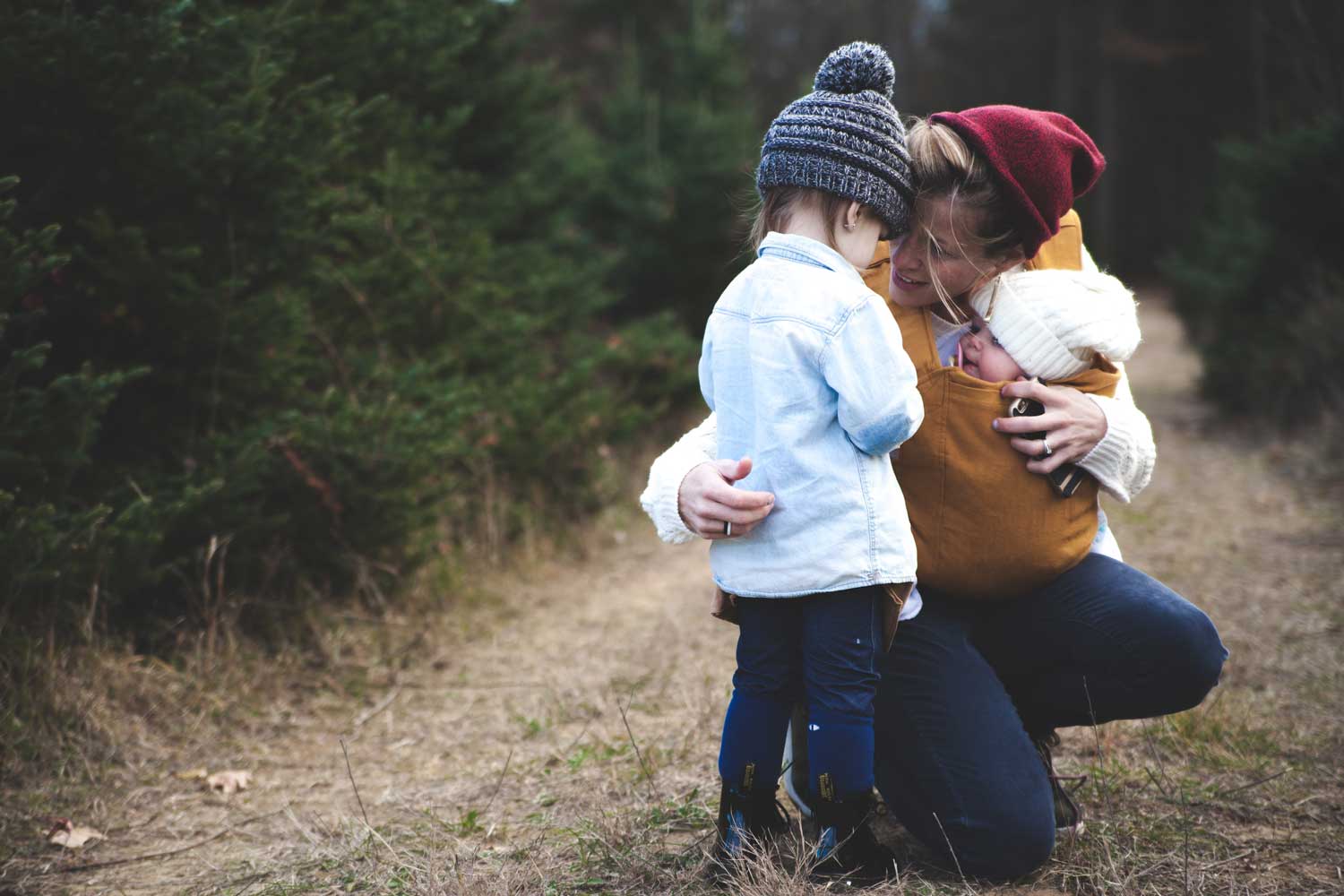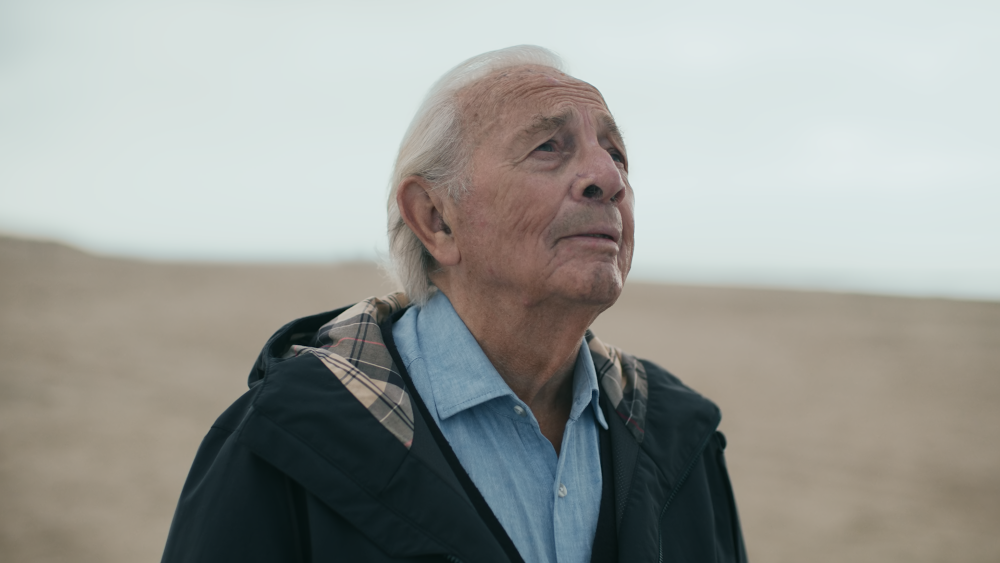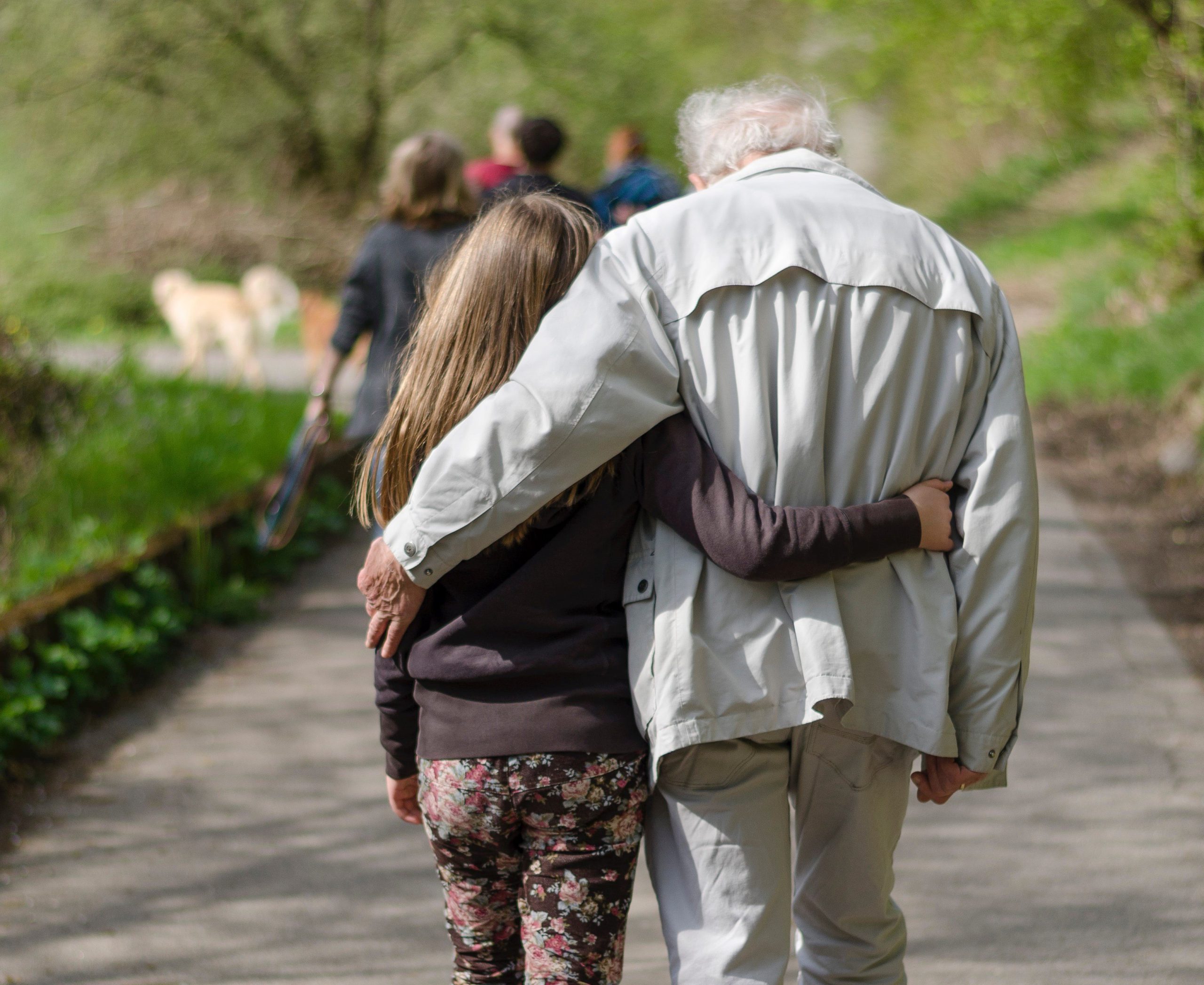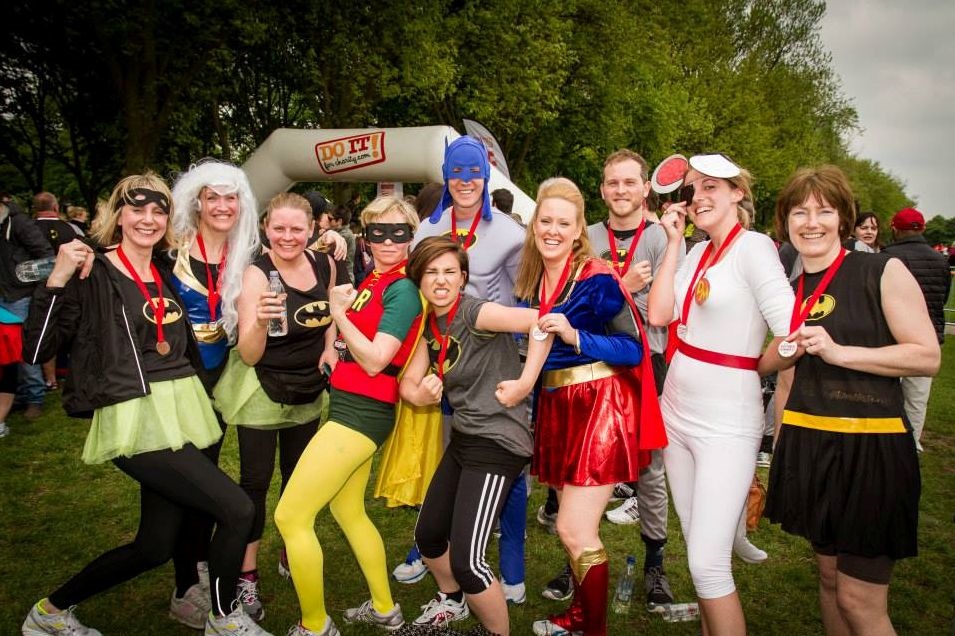Together we can stop leukaemia devastating lives.
Every year, around 10,000 people are newly diagnosed with leukaemia in the UK. And nearly 5,000 lives continue to be lost each year. Further research is urgently needed to develop kinder and more effective treatments for this devastating disease.
By donating to Leukaemia UK, one of the UK’s largest blood cancer research charities – you will be helping us to find and fund the research that matters most to the people whose lives are impacted by leukaemia. We are constantly working to accelerate the development of better, kinder treatments for leukaemia.
How would you like to support our vital work?
Every donation makes a difference – no matter how big or small. Whether you decide to make a one-off gift, regular donation, fundraise or leave a gift in your Will, you’ll be making a positive impact on leukaemia research in the UK.
How are your donations to Leukaemia UK used?
Your donations will help fund research into both acute and chronic leukaemia, lymphoma and other blood cancers.
You will be helping to improve early diagnosis, develop kinder and more effective treatments – and fund innovative trials. You will enable some of the best scientists and researchers to discover the latest breakthroughs in leukaemia treatment. You will be an essential part of the leukaemia research team.
Ultimately these breakthroughs will mean that treatments will be kinder and more effective. That more children will survive childhood leukaemia and more grandparents will have longer with their families.
£10
could help develop kinder treatments for acute myeloid leukaemia (AML), by targeting just the cancer cells and leaving the healthy cells intact.
£20
could help investigate how T cells develop in acute lymphoblastic leukaemia (ALL), leading to more personalised treatments.
£50
could help understand the genetic differences in acute lymphoblastic leukaemia (ALL) in different age groups to improve treatments.
